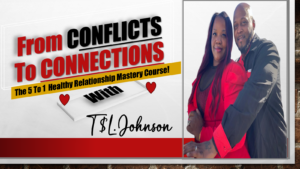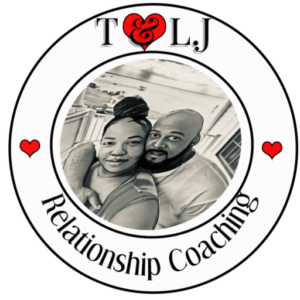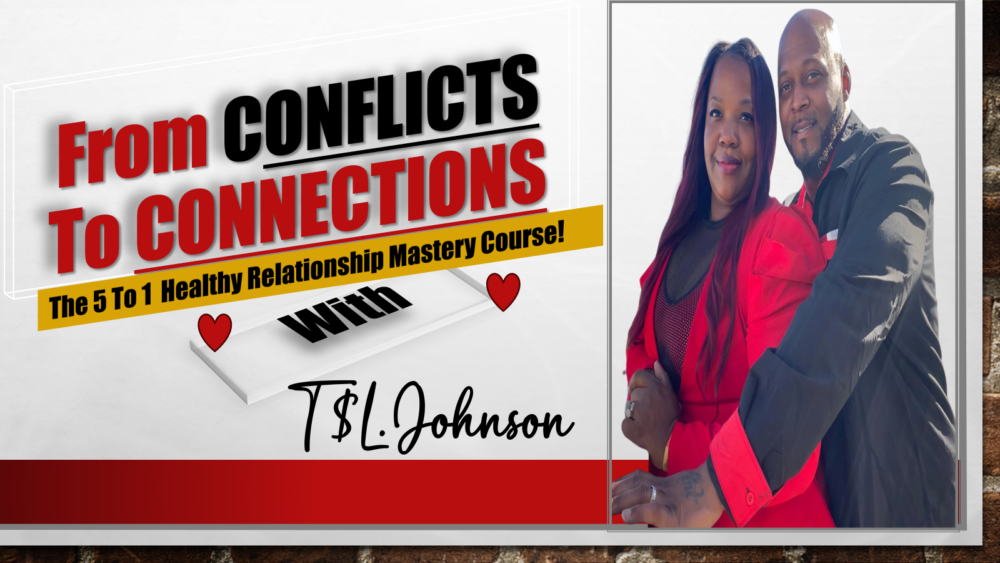Understanding the Dynamics of Communication
What Is Communication in Relationships?
When I think about communication in relationships, it’s like the lifeblood that keeps everything functioning. Without it, misunderstandings and hurt feelings easily crop up. I’ve learned that communication is more than just the words we say; it’s about tone, body language, and even the pauses in between our sentences. It’s vital to know that how we express ourselves can deeply affect our loved ones.
I remember a time when I was upset but didn’t express it properly. Instead of talking through my feelings, I went quiet. My partner picked up on my silence but felt frustrated by my refusal to communicate openly. This situation helped me realize that open lines lead to understanding, which ultimately brings us closer.
In essence, communication is about sharing thoughts and feelings while being receptive to what the other person is expressing. This synergy can deepen our connections and enrich our relationships if we embrace it fully.
The Role of Active Listening
Active listening is kinda like the superhero of communication. I can’t stress enough how transformative it can be! It’s not just about hearing the words but truly understanding the emotion and intent behind them. I make it a point to show I’m listening by making eye contact and nodding, which helps the other person feel valued.
One memorable experience popped up when my best friend was going through a tough breakup. I parked myself on her couch, fully engaged, and just listened for hours. I didn’t jump in to fix things; I let her vent her feelings. By the end of it, she felt relieved and grateful, and I realized my presence was a present in itself.
Active listening allows us to create a safe space for our loved ones to express themselves freely. It’s essential to validate their feelings without necessarily trying to offer a solution right away. Sometimes, just being heard makes all the difference.
Body Language and Non-Verbal Cues
It’s wild how much can be said without uttering a single word! I’ve seen relationships falter because one partner was not aware of their body language. Facial expressions, gestures, and even our posture communicate volumes and shape the conversation.
I recall a time during a crucial conversation with my partner where I was saying all the right things, but my arms were crossed defensively. My partner noticed this and felt I was closed off. Since then, I’ve become more conscious of my non-verbal signals, ensuring my body mirrors my open-hearted intentions.
So, make it a habit to check in with yourself about how you’re physically presenting your feelings. Our body language can either reinforce our words or completely contradict them, so it’s something worth honing in on.
The Importance of Empathy
Walking a Mile in Their Shoes
One of the most valuable lessons in listening without limits is the power of empathy. It’s tempting, I know, to jump straight into problem-solving, but taking a step back to truly feel what someone else is going through is invaluable. I have found that when I let myself dive deep into the emotions of others, I can connect with them on a profound level.
For instance, when a close colleague was struggling with work-life balance, I really tried to channel what it felt like to be in her shoes. Instead of just offering a generic suggestion, I empathized with her exhaustion and anxiety. This approach strengthened our relationship and made her feel understood and supported.
Empathy allows us to build trust and closeness, elements that are crucial for meaningful conversations. It can transform even the most ordinary exchange into a profound moment of connection.

Learning to Let Go of Judgments
We’ve all been there—someone shares something with us, and our instinct is to judge or critique. I’ve had to learn the hard way that setting aside my judgments opens up a treasure trove of honest reactions. When I catch myself wanting to jump in with a judgment, I pause and remind myself that this is a safe space for them.
There was a time when my brother shared his struggles with job dissatisfaction. Instead of reacting negatively to his choices, I listened deeply and allowed him to express himself without fearing my judgment. This shift allowed him to explore his feelings more freely and led to him making better choices. I realized that letting go of my biases made our connection much stronger.
It’s essential to remember that every person has their unique journey. Being judgment-free creates a nurturing environment where genuine communication can thrive. Embracing this mindset can drastically alter the depth of our conversations.
Cultivating Patience in Conversations
Lastly, patience is a virtue that I continually remind myself to practice in my conversations. Our world is so fast-paced that we often rush through discussions, eager to get to a resolution. I’ve discovered that taking a step back and allowing conversations to flow at their own pace can be incredibly beneficial.
Thinking back to a time when a friend of mine was trying to express her concerns about a mutual friend, I found myself growing impatient. I had to remind myself that her feelings were valid, and pushing her to tell me quicker would only diminish her comfort. Taking my time allowed her to share her thoughts deeply, which brought clarity to both of us.
Encouraging a slow, steady pace allows feelings to blossom and emerge in their own time. Patience cultivates trust and openness, inviting deeper and more meaningful dialogues.
Frequently Asked Questions
1. What is the main goal of learning to listen without limits?
The main goal is to enhance the quality of our relationships by improving communication, fostering empathy, and creating a safe space for dialogue.
2. How can I practice active listening?
Some effective methods include maintaining eye contact, summarizing what the other person said, and asking open-ended questions to encourage more sharing.
3. What role does body language play in communication?
Body language can enhance or contradict what we say. Being aware of facial expressions, gestures, and posture can help convey openness and understanding.
4. Why is empathy important in conversations?
Empathy fosters deeper understanding and connection. It allows us to feel what our loved ones are experiencing, which helps us respond in a more supportive way.
5. How can I cultivate patience in my conversations?
Practice mindfulness and focus on the present moment. Allow conversations to flow naturally without rushing toward solutions. This creates a nurturing environment for open dialogue.

Schedule Your First 20-Minute Coaching
Call With Us Today to see if we fit . You pick the price!
Click Here





